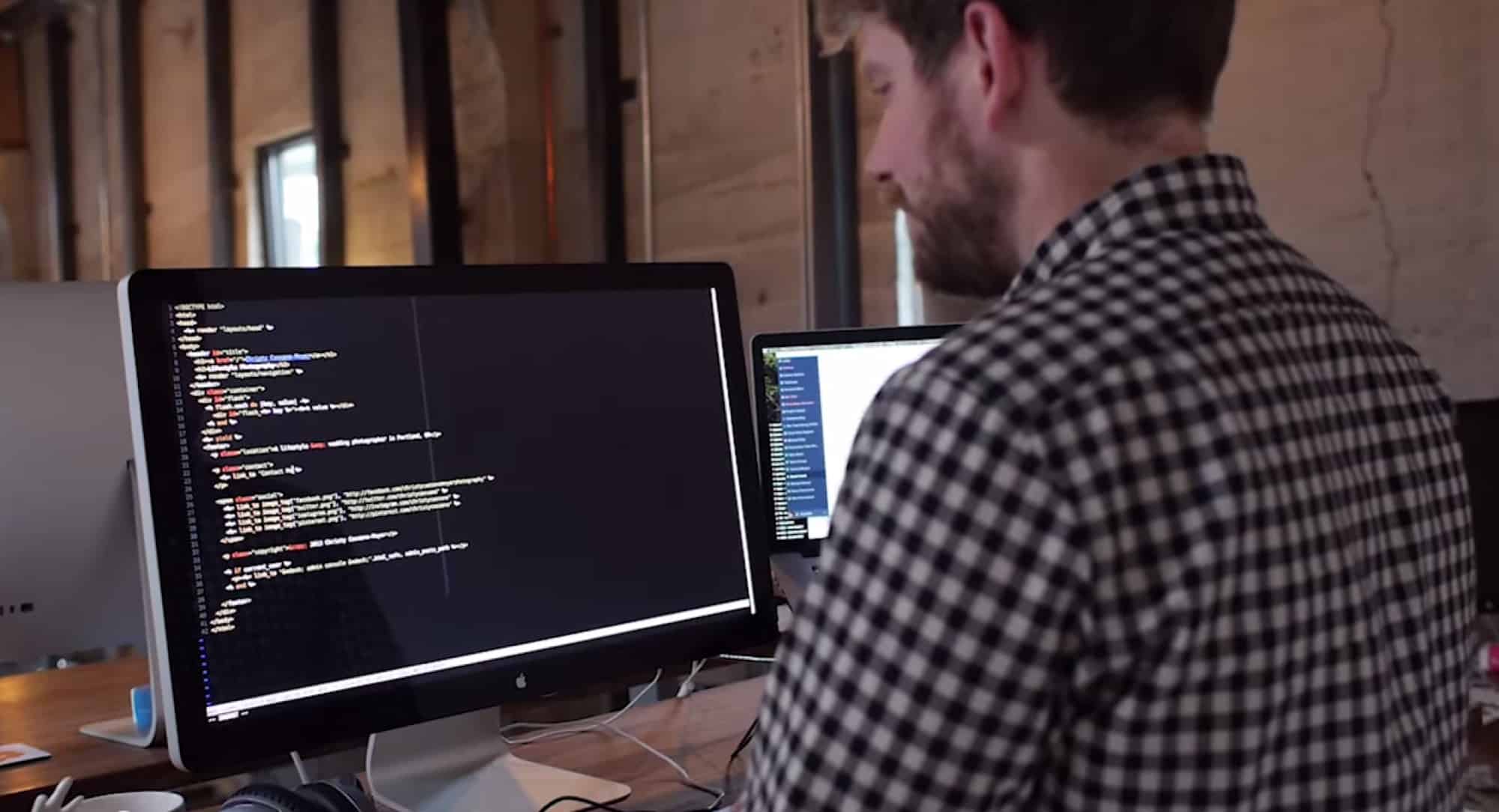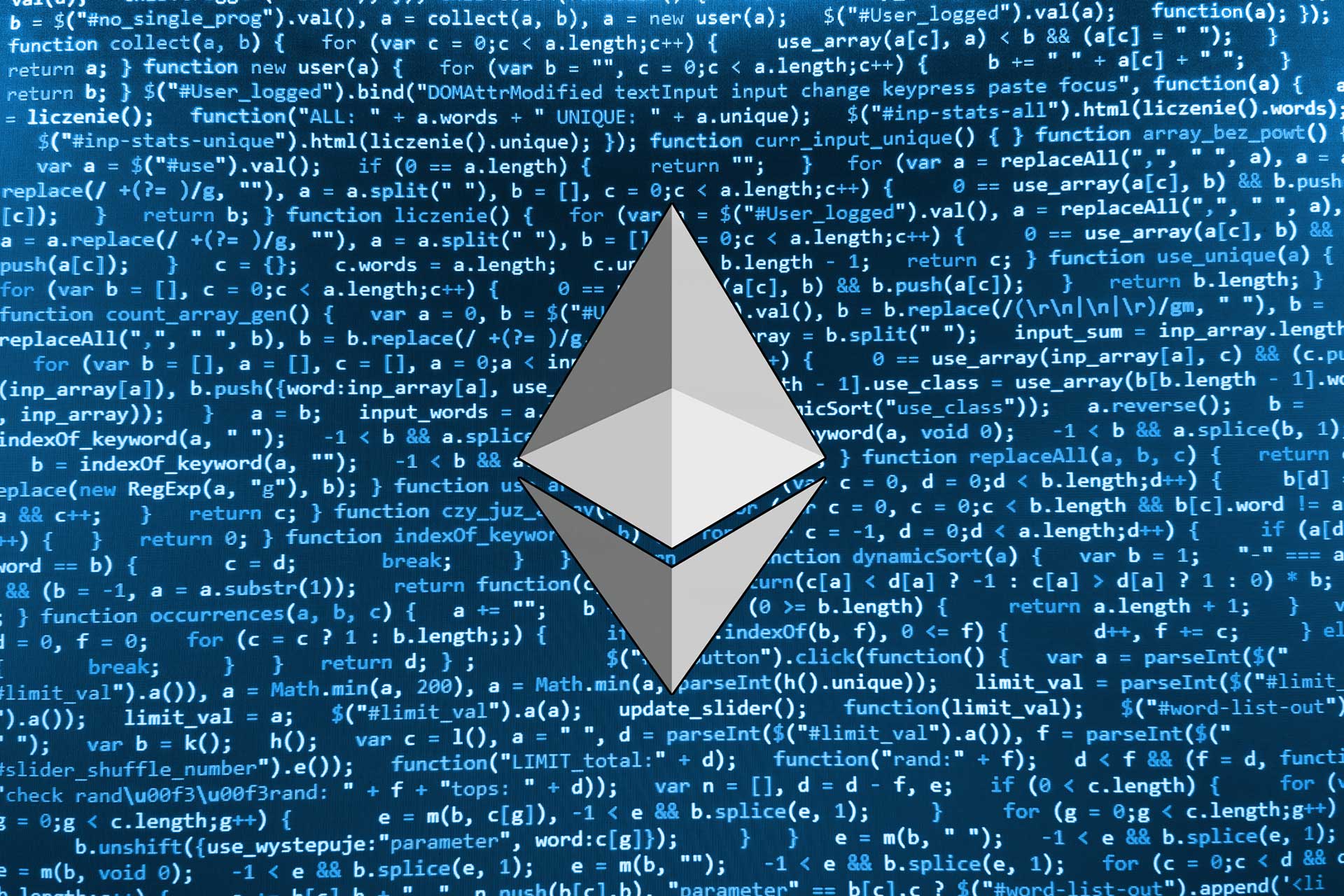The emergence of this blockchain technology has seen a concomitant upsurge in demand for proficient people able to create smart contracts, decentralized applications, and interoperable networks.
Solidity is one of the most prominent coding languages capable of driving this new age, and it is likely to become the primary choice for people interested in venturing into crypto development.
Developed to write smart contracts on the Ethereum blockchain, Solidity is an essential expertise tool that engineers, entrepreneurs, and tech enthusiasts interested in a future in decentralized finance and Web3 cannot do without.
With the increasing interest in crypto careers, the question of whether to learn Solidity or not is becoming more prevalent.
This may vary depending on what you are trying to achieve, your background in the relevant area, and the blockchain ecosystem you wish to work with. You might want to create a decentralized exchange, open an NFT exchange, or program bespoke governance functions for DAOs, but the language you code in can determine how your path will look.
The Solana price is also a reminder that the crypto world is more extensive than Ethereum. Other platforms, such as Solana, Avalanche, and Polkadot, rely on distinct programming environments and running layers with different requirements for developers. Nevertheless, Solidity is indeed a point of entry for many.
The Solidity Ethereum Programming Language
Solidity is a contract-based language designed to develop smart contracts that execute on the Ethereum Virtual Machine. It is no surprise that, with Ethereum still the most prominent Layer 1 blockchain for building decentralized applications, learning how to write Solidity code unlocks a whole new level of possibilities in terms of development.
The current DeFi infrastructure, NFT activity, and DAO governance are all based on Ethereum. Thousands of dApps are operated by it, and it features strong developer tooling, a robust community, and comprehensive documentation. Protocols that deal with millions, if not billions, in total value locked are typical deployments for Solidity developers.
The language itself is based on JavaScript, Python, and C++, making it quite accessible to developers who have prior experience using these paradigms.
The new concepts provided by Solidity are gas optimization, contract inheritance and event log, which are concepts adapted to the blockchain environment, with limited resources and high importance of transparency.
Why Learning Solidity Is Still a Smart Move?
Despite the emergence of other ecosystems, Solidity remains underexposed due to the network effect of Ethereum. Most DeFi protocols, including Uniswap and Aave, are written in the Solidity programming language.
Additionally, chains compatible with Ethereum, such as Arbitrum and Optimism, execute Solidity-based contracts, providing more opportunities for jobs and projects that you may want to explore without needing to learn a different programming language.
Solidity is also the natural introduction into the world of smart contract security, token standards such as ERC-20 and ERC-721 and decentralized finance identity frameworks, especially to developers who have not yet transitioned into a blockchain mindset. Solidity is the most commonly used language to teach at a variety of Web3 bootcamps, hackathons, and online learning programs.
The next important opportunity is the possibility of using frameworks such as Hardhat and Foundry, making the process of testing, deployment, and debugging relatively simple.
Such tools greatly facilitate the work on live blockchains for developers and make them much more confident in the work results and also improve their skills at the same time.
What About Rust, Vyper, and Cairo?
Although Solidity is the most preferred Ethereum and EVM-compatible blockchain programming language, it is not the only tool aspiring blockchain developers can use. Rust is gaining increasing popularity, particularly in applications that utilize Solana and Polkadot.
Another Ethereum language is Vyper, which is secure and straightforward. Cairo is a native language of StarkNet, a zk-rollup protocol that emphasizes scalability.
Rust has a reputation for being performance-oriented and stricter type-safe, and therefore highly suitable for any systems-level programming and high-throughput blockchains.
In case you want to contribute to protocols on Solana, then Rust is the language to learn. The learning curve is, however, even steeper, and the tooling ecosystem is less mature than that of Solidity.
Vyper is a powerful alternative for developers concerned about security and audit. The syntax is also similar to Python, and specific features have been constrained in order to create fewer opportunities to exploit the system.
Although Vyper is not as popular as Solidity, experts tend to write high-stakes smart contracts with the help of Vyper, thus maintaining a smaller attack surface.
Cairo is still very young and is gaining momentum in the zero-knowledge proofs arena. Users with a desire to develop scalable dApps or work on Ethereum rollups may be advised to study Cairo, in addition to conventional programming languages. Nevertheless, since the ecosystem is in its infancy, Cairo is a niche and not a base competency.
Selecting a Language for Your Goals
Learning Solidity is a smart step forward, whether you want to work at breakneck speed for a startup, contribute to existing protocols, or develop your own token project. Solidity developers are in increasingly high demand, particularly in organizations that already utilize Ethereum Layer 2 scaling or operate on EVM-compatible sidechains.
Otherwise, if you are interested in novel blockchain architectures, such as Solana, which utilizes Proof of History, or Polkadot with its parachains, then Rust is a better fit for you. You can also learn several languages, but it is a good start to learn Solidity.
Solidity also exposes developers to more general web3 concepts, including cryptographic signatures, decentralized file storage, oracles, and on-chain governance. As soon as you are familiar with Solidity, you face a drastic reduction in the complexity of trying out new technologies.
Solidity Developers Career Outlook
There are very high demands for solidity developers, and most of them receive high salary offers that compare to those in traditional technology industries.
The possibilities range from freelance jobs to permanent employment in protocol foundations. Of particular interest to the developers are those with knowledge of smart contracts, particularly in areas such as security audits and gas efficiency.
Besides the monetary rewards, one gets to work in the crypto industry. Solidity developers can issue their tokens, join DAOs, or even form a community based on a new governance structure. The fact that blockchain is permissionless implies that your work can be viewed by the global audience almost immediately.
The hiring pipelines are also becoming formalized by companies. With more schools and bootcamps developing tracks in Solidity, the candidates submitting project work, open-source, and on-chain deployments will be distinguishable.
Solidity, the Entrance to Web3
Learning Solidity does not only imply getting to know a programming language, but also entering the decentralized future of the internet. The considerable future significance of Ethereum guarantees that Solidity will be a highly valued skill when making an impact in the crypto space.
Although the potential use cases are likely to be exciting with Rust, Vyper, and Cairo, Solidity can still offer the most opportunities in the DeFi, NFT, and DAO worlds. For the majority of potential blockchain developers, Solidity serves as both a stepping stone and a ramp.
Having access to the resources available in Solidity, you can emerge as a pioneer in any of the following areas: create a yield farming protocol, write self-functioning voting contracts, create a decentralised identity, and more.
Where innovation occurs quickly and benefits are realized through the creation of value, there could be no better opportunity to study Solidity and join the Web3 world of contributors.


